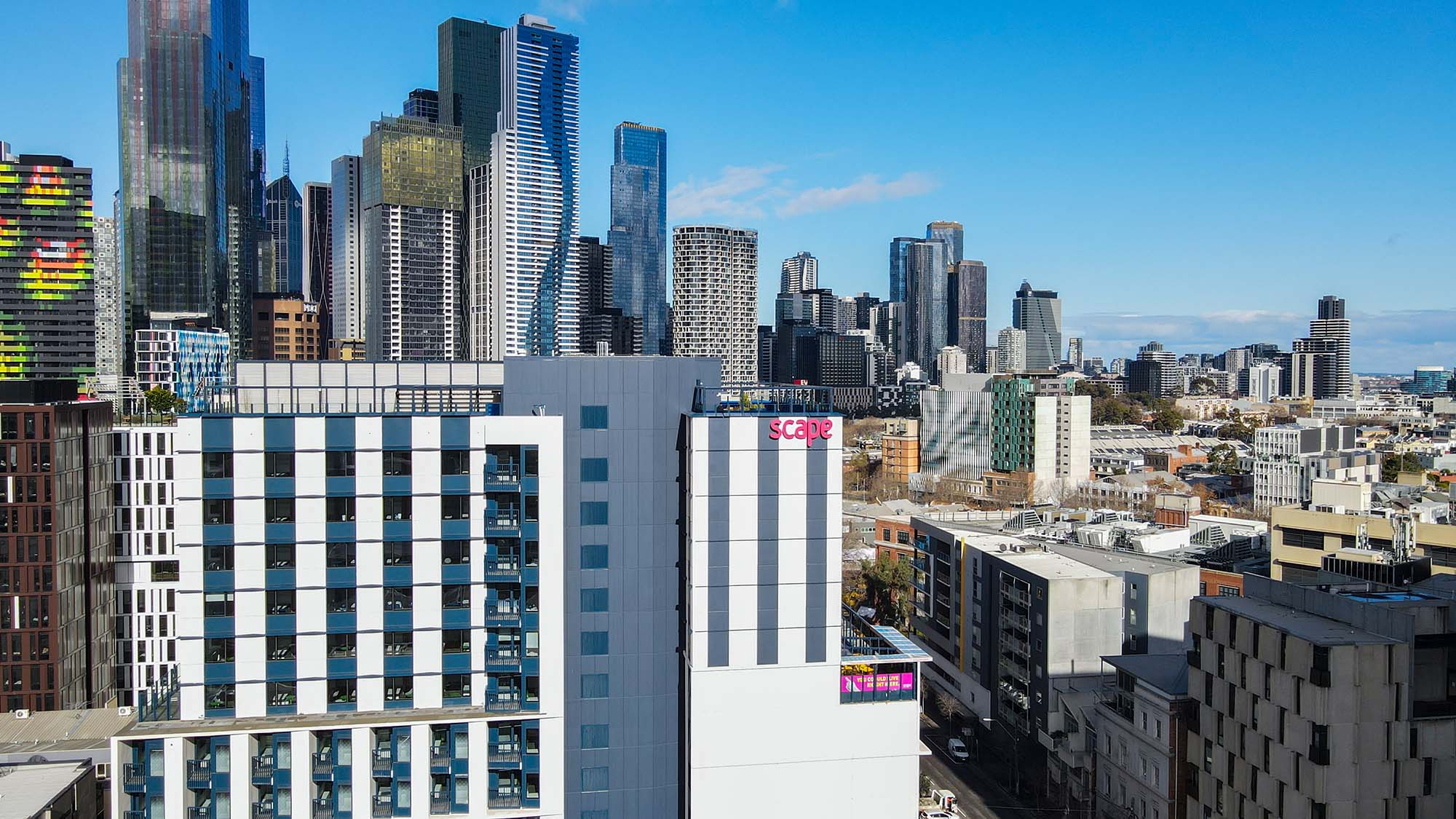
Share this story
Written by Tayla Fairthorne - ESG Manager
The construction industry finds itself at a fork in the road. Facing escalating regulatory demands and heightened stakeholder expectations regarding environmental sustainability and climate action. It’s time to make a decisive choice. The significance of this decision and prominence in the industry was marked by the first Net Zero Construction Summit held this March in Sydney.
Mandatory climate reporting has become an unavoidable reality, regardless of organisational readiness. While many have a grasp on their Scope 1 and 2 emissions, the upcoming year will witness a surge in downstream questions as entities grapple with the formidable challenge of comprehending and eventually disclosing Scope 3 emissions. At this gathering of construction sustainability professionals, the options became apparent: persist along the well-trodden path of high-intensity fossil fuel usage, or dare to take the untrodden, yet essential, path to decarbonisation.
The construction industry contributes to approximately 18% of Australia’s carbon footprint and due to its heavy reliance on fossil fuels, exacerbates issues relating to poor air quality. Presentations from key industry leaders at the summit highlighted that electrification emerges as the preferred decarbonisation pathway, offering numerous benefits in the absence of fossil fuels.
However, the industry's high energy demands are hindered by technological limitations, restricting widespread implementation. The limited and historically unreliable technology presents risks to a construction program with the implications of power downtime or insufficient supply considered too high in some scenarios. Compounded by the industry's resistance to change and aversion to risk, the transition to alternative power sources is likely to encounter significant challenges and disruptions.
Nevertheless, this transition must occur. Whether be driven by an organisations mandatory reporting requirements or increasing pressure from stakeholders, there is only one path ahead. For Kapitol Group, improving the construction industry for a better life is central to our operations. However, as inspired and driven as we are, decarbonisation transcends our individual efforts.
Collaboration is key in the sustainability space. However, collaboration alone won’t be adequate. A resounding call for alignment and commitment echoed throughout the summit. The construction industry must unite and bravely opt for the road less travelled whilst embracing the change it often resists. Through this commitment we send a strong message to our supply chain and to our subcontractors.
This represents the way forward, and it necessitates investments in advancing electrification technology, including support for existing providers in this area. Moreover, we must foster innovation in hydrogen and biofuels to cater to energy needs that cannot be met through electrification alone. Lastly, we must actively share our experiences to collectively expand our expertise and accelerate progress.
As efforts to minimise Scope 1 and 2 emissions intensify across the board, the ambiguity surrounding the capture of Scope 3 emissions reduces. With a united and concerted emphasis on a decarbonisation trajectory, the construction industry finds itself at a pivotal moment, poised to lead the charge toward a more sustainable future in construction.
As Kapitol Group embarks on this journey, we invite you to join us. Will you be a part of this change?
Latest News

Scape Leicester St - Clean and Green Student Living
Located on the doorstep of University of Melbourne and the Melbourne Law School in the bustling student mecca of Carlton, the Scape Leicester Street project is one of Kapitol Group’s most acclaimed residential developments.

Blending AI & Old School Communication for Optimal Construction Delivery
Leading builder and construction industry innovator Kapitol, together with project management company Newbridge, are currently delivering 100MW through the second stage of NEXTDC’s M3 data centre in Melbourne.

Enhancing Construction Quality with Ishikawa Sessions
Our Ishikawa workshops uncovered ideas to enhance construction processes, with 90 participants driving improvements for a successful 2025.
